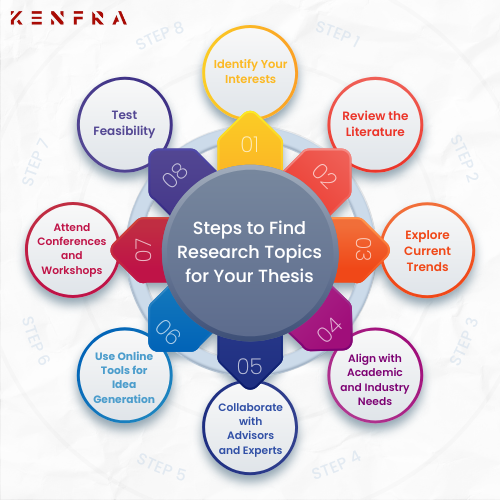09Dec
- Home
- How to Find Research Topics for Your Thesis: A Comprehensive Guide
- PhD Research Updates, Research Tools and Techniques, Project Objective, scikit-image, phd research, Research Topics, Thesis, Research Topics for Your Thesis, Comprehensive Guide, Choosing the Right Research Topic, Right Research Topic, Review the Literature, Explore Current Trends, Refine Your Research Topic, Clear Research Questions
- How to Find Research Topics for Your Thesis: A Comprehensive Guide








Leave a Reply